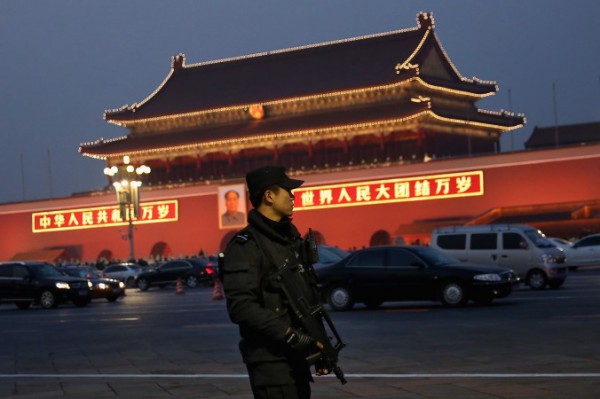
by Vincent Kolo, chinaworker.info
On June 15, the National Bureau of Statistics cancelled its press conference in Beijing. It was due to present May's economic data, showing that China's economy continues to "gain momentum" following the shocking crash of the first quarter.
The cancellation was forced by the new wave of coronavirus infections in Beijing, which caused authorities to sharply reverse plans to fully re-open the city. Schools, which only re-opened the previous week, were again closed and 40 percent of flights from the capital's two airports were cancelled. Over 90,000 residents near the outbreak's center were put under strict lockdown with armed police cordoning off the area.
The new outbreak, with almost 200 confirmed cases in one week, is linked to the city's biggest wholesale food market at Xinfandi. It came like a lightning bolt from a clear blue sky. Beijing had not reported a single new case of COVID-19 for 55 days. That this has happened in the capital, the Chinese dictatorship's seat of power, is both chilling and embarrassing for Xi Jinping following months of propaganda claiming China's "victory" over the pandemic.
Recent Updates
1 hour 43 min ago
1 hour 50 min ago
19 hours 59 min ago
1 day 23 hours ago
2 days 23 hours ago
3 days 22 hours ago
5 days 22 hours ago
6 days 22 hours ago
6 days 23 hours ago
1 week 5 hours ago